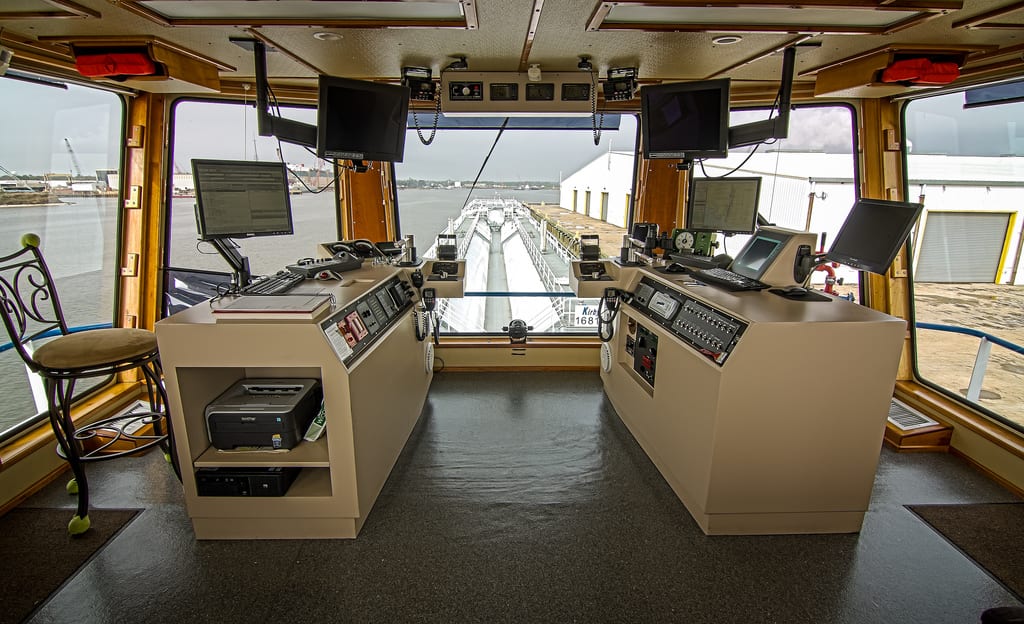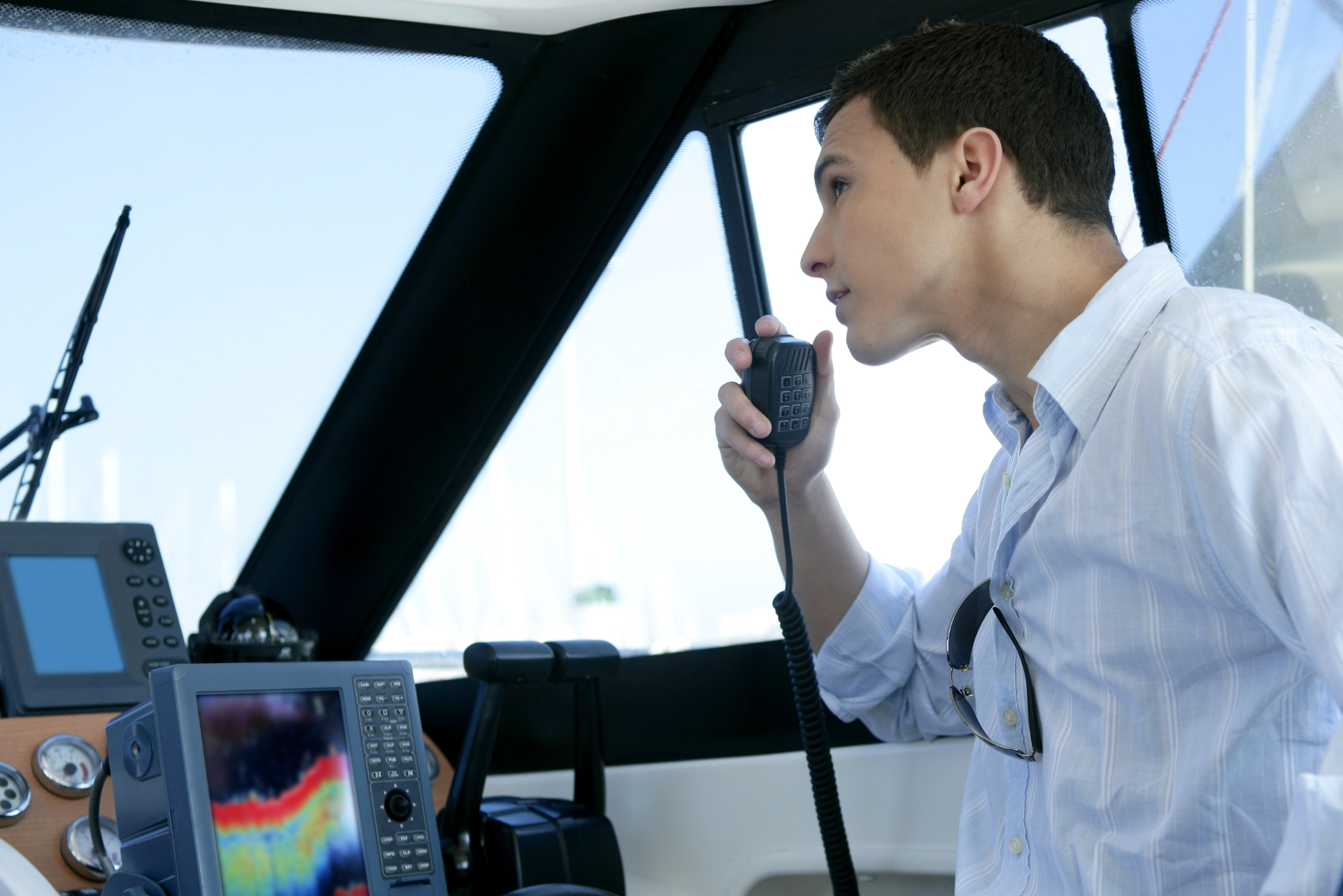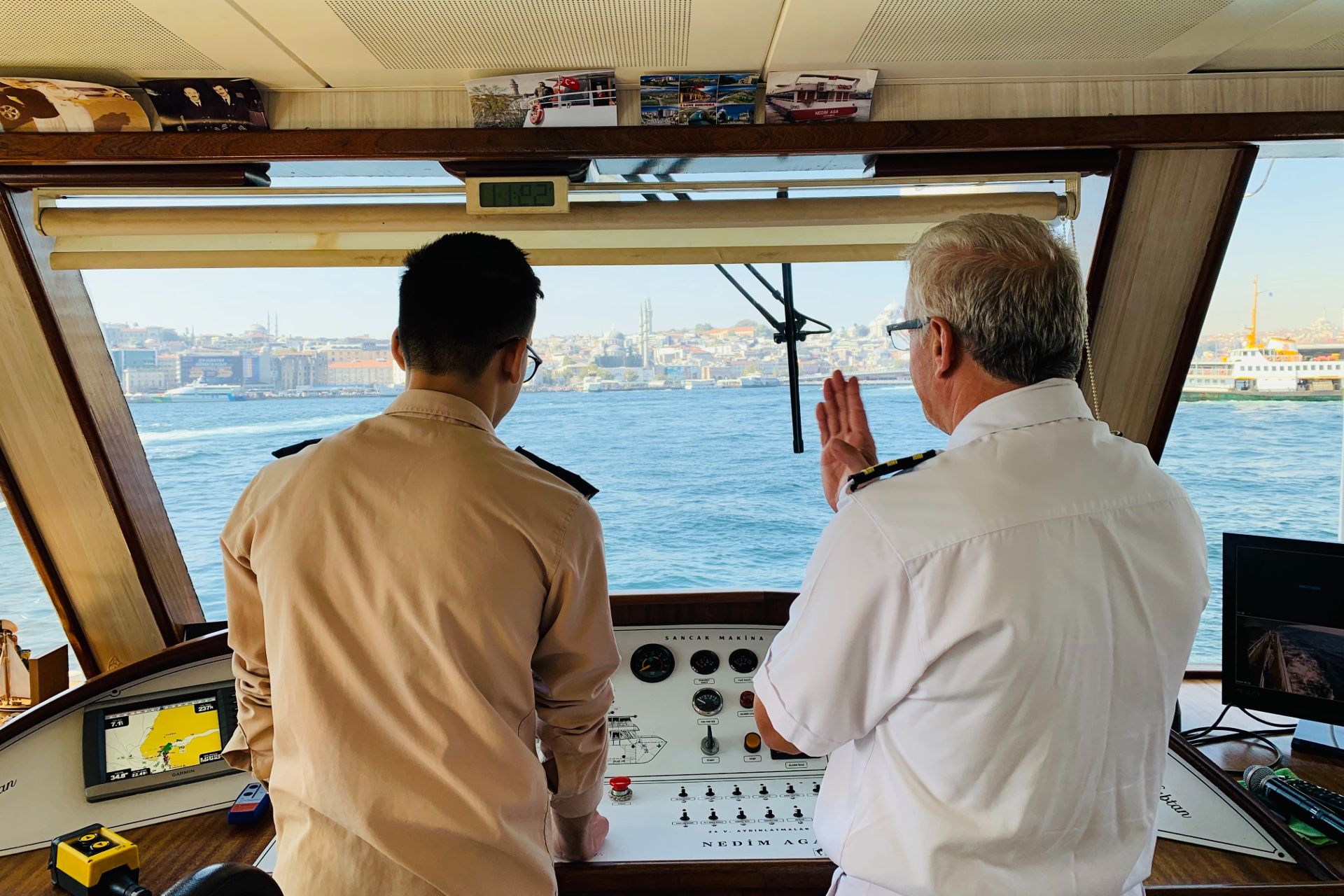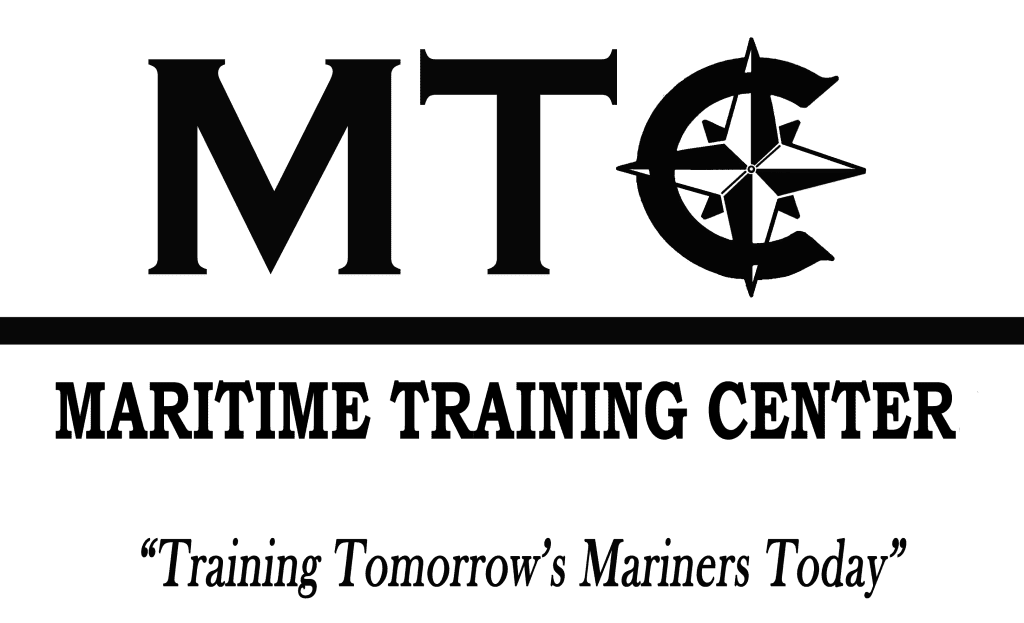September 14, 2023
Ethical Standards and Duties of Maritime Apprentices
The maritime industry, spanning vast oceans and intricate networks of waterways, stands as a testament to the enduring spirit of global trade and transportation. For centuries, this industry has thrived, and at its core are the maritime professionals who ensure the seamless operation of vessels, navigating the challenges of both calm and stormy seas.
In the bustling maritime hub of Tampa, FL, the Maritime Training Center plays a pivotal role in shaping these professionals. Apprentices, in particular, are the lifeblood of this center. They serve as the bridge between the wisdom of seasoned experts and the enthusiasm of the next generation of maritime leaders. Their journey, filled with learning and hands-on experiences, is crucial in maintaining the high standards of the industry.
As these apprentices chart their course through the vast expanse of the maritime realm, the importance of ethics becomes ever more evident. Upholding these ethical standards is not just about ensuring the safety and well-being of those on board. It’s about preserving the reputation, integrity, and trustworthiness of the maritime industry, ensuring that it continues to thrive for generations to come.
Understanding Maritime Apprenticeship
What is Apprenticeship in Maritime at the Maritime Training Center in Tampa, FL?
At the Maritime Training Center in Tampa, FL, maritime apprenticeship is viewed as more than just a program; it’s a tradition and a commitment. This structured program allows budding maritime professionals to immerse themselves in hands-on training, mentored by some of the industry’s most experienced figures. Through this comprehensive approach, apprentices are equipped with the essential skills and knowledge, setting them on a path to excel in diverse maritime roles.
Historically, the maritime world has always valued the apprenticeship system. Long before the advent of digital courses and high-tech simulators, apprentices in places like Tampa would learn the ropes, both figuratively and literally, alongside seasoned sailors and engineers. While modern training methods at the Maritime Training Center have incorporated the latest technologies and methodologies, the essence of apprenticeships remains the same: to impart invaluable practical knowledge while instilling a profound respect for maritime traditions.
What Do You Call an Apprentice on a Ship?
In the maritime world, apprentices can go by various titles, each reflecting their specific role and area of expertise. Some common titles include:
- Deck Cadet: An apprentice training to become a deck officer, responsible for navigation and ship handling.
- Engine Cadet: An individual learning the intricacies of ship machinery and aiming to become a marine engineer.
- Electro-Technical Cadet: An apprentice focused on the electrical aspects of ship operations.
- Trainee Seafarer: A general term for someone new to the maritime profession, undergoing training in various ship operations.
While these titles provide a glimpse into the apprentice’s area of focus, it’s essential to understand that the maritime industry is vast. The roles and responsibilities associated with each title can vary based on the type of vessel, the region, and specific organizational structures.

Duties and Responsibilities of Maritime Apprentices
Serving as the backbone of a ship’s operational efficiency, an Apprentice Marine Engineer plays a pivotal role within the ship’s crew. Their primary responsibility revolves around ensuring the optimal performance of the vessel’s machinery and systems. Under the mentorship of seasoned marine engineers, these apprentices delve deep into the complexities of ship machinery, gaining hands-on experience and knowledge. Their key duties encompass:
- Conducting routine maintenance checks on engines, pumps, and other vital machinery.
- Vigilantly monitoring and documenting the performance metrics of various machinery.
- Swiftly troubleshooting and assisting in the repair of onboard equipment glitches.
- Adhering strictly to safety protocols and environmental regulations.
- Collaborating closely with other departments, notably the deck department, to guarantee cohesive operations.
Comprehensive Duties of an Apprentice Engineer on Ships
On the broader spectrum of ship operations, Apprentice Engineers shoulder a wide array of responsibilities that span multiple engineering facets of a vessel. Their multifaceted role includes:
- Overseeing the maintenance and smooth operation of the ship’s comprehensive mechanical and electrical systems.
- Actively participating in safety drills, ensuring they’re well-versed in emergency response measures.
- Acquiring knowledge about the ship’s fuel management, water systems, and the intricacies of its HVAC systems.
- Collaborating with veteran engineers in strategizing and implementing machinery overhauls.
It’s crucial to note the distinction between Apprentice Marine Engineers and Apprentice Engineers on ships. While both are deeply involved with the ship’s machinery, the former primarily focuses on marine engine systems. In contrast, the latter adopts a more holistic approach, understanding the broader engineering dynamics of the ship.
Duration and Structure of Marine Engineering Apprenticeship
Embarking on a marine engineering apprenticeship is a commitment to both time and learning. Typically, these apprenticeships span a period of 3 to 4 years. However, this duration isn’t set in stone and can vary based on the specific program and the region in which the training is undertaken.
At the heart of this apprenticeship is a blend of theoretical education, which provides the foundational knowledge, and hands-on shipboard training, which offers real-world experience. When considering the length of a marine engineering apprenticeship, several key factors come into play:
- Curriculum Depth: The intricacy and comprehensiveness of the curriculum can influence the training duration. A more in-depth curriculum might require additional time to cover all essential topics thoroughly.
- Onboard Training Opportunities: The availability and frequency of onboard training sessions can extend or reduce the apprenticeship’s length. Practical experience is invaluable, and more opportunities can lead to a more extended training period.
- Certification Requirements: Depending on regional or organizational standards, the requirements for certification can vary. Some regions or institutions might mandate additional training hours or specific courses, impacting the overall duration.
The typical timeframe is 3 to 4 years, aspiring marine engineers should be prepared for flexibility, ensuring they receive a holistic and comprehensive training experience.

Importance of Apprenticeship Training Programs
Apprenticeship training offers students a unique blend of theoretical knowledge and practical experience, making it an invaluable stepping stone in their maritime careers. The benefits include:
- Gaining hands-on experience under the guidance of seasoned professionals.
- Building a strong foundation of maritime knowledge and skills.
- Enhancing employability and career prospects in the competitive maritime industry.
- Developing a network of industry contacts and mentors.
Apprenticeships not only prepare students for the real-world challenges of the maritime sector but also play a crucial role in building a sustainable maritime workforce. By ensuring that the next generation of maritime professionals is well-trained and ethically grounded, apprenticeship programs contribute to the industry’s long-term success and growth.
Navigating the Future of Maritime with MTC
Located in Tampa, FL, the Maritime Training Center is an anchor for those passionate about the broad and detailed maritime world. This industry, rich in history but always changing, looks for people who combine hands-on skills with solid ethics. Maritime apprenticeships, like the ones we offer, play a key role in training these individuals, and getting them ready for the varied demands of maritime jobs.
The value of ethical standards in these apprenticeships cannot be overstated. It’s not just about learning the ropes; it’s about understanding the responsibility that comes with each knot and navigation. With Tampa’s rich maritime heritage and the Training Center’s commitment to excellence, apprentices are provided with an unparalleled learning environment.
For those in Tampa and beyond, looking to immerse themselves in the maritime realm, the door to a fulfilling career is open. The Maritime Training Center is here to guide, mentor, and support. Whether you’re just starting to chart your course or seeking deeper knowledge, reach out to us. Call us at 813.686.5767 for any inquiries. Embark on your maritime journey with confidence, knowing you’re backed by the best in the industry.

Latest Articles
5 Tips to Enhance Your Online Learning Experience in Apprentice Mate Program
joy_lnl_admin2024-04-23T18:06:20+00:00April 23, 2024|Comments Off on 5 Tips to Enhance Your Online Learning Experience in Apprentice Mate Program
Maximize your online learning experience in the Apprentice Mate Program with Maritime Training Center. This article shares five essential tips for success, including creating a dedicated study space, developing a consistent schedule, participating in discussions, utilizing resources, and applying knowledge through practical exercises.
Learn From Anywhere: Top Online Maritime Certification Courses in Tampa
joy_lnl_admin2024-02-05T19:10:19+00:00February 5, 2024|Comments Off on Learn From Anywhere: Top Online Maritime Certification Courses in Tampa
This guide from Tampa's Maritime Training Center covers how to earn your captain's license affordably. Contact us today to start your maritime career!
Budget-Friendly Guide to Obtaining a Captain’s License in Tampa
joy_lnl_admin2024-01-08T02:39:39+00:00January 5, 2024|Comments Off on Budget-Friendly Guide to Obtaining a Captain’s License in Tampa
This guide from Tampa's Maritime Training Center covers how to earn your captain's license affordably. Contact us today to start your maritime career!
Advantages of Maritime Apprenticeships for Career Growth in 2024
joy_lnl_admin2023-12-14T18:25:23+00:00December 14, 2023|Comments Off on Advantages of Maritime Apprenticeships for Career Growth in 2024
Start your maritime career with Maritime Training Center's 2024 Apprenticeships in Tampa. Gain practical skills, industry knowledge, and professional connections, setting sail towards a successful maritime future. Enroll today!
Captain’s License as a Strategic Investment for Advancing Your Maritime Career
joy_lnl_admin2023-11-17T18:12:51+00:00November 10, 2023|Comments Off on Captain’s License as a Strategic Investment for Advancing Your Maritime Career
Propel your maritime career in Tampa with a Captain's License from the Maritime Training Center. Expert training for local waters & beyond. Start at 813.686.5767.
Comprehensive Maritime Safety Guide: Tampa’s Commitment to Seafarers
joy_lnl_admin2023-10-06T17:18:22+00:00October 9, 2023|Comments Off on Comprehensive Maritime Safety Guide: Tampa’s Commitment to Seafarers
Discover Tampa's commitment and the role of the Maritime Training Center to maritime safety. This guide delves into onboard safety measures and essential maritime practices to ensure every voyage is a testament to safety and dedication.

